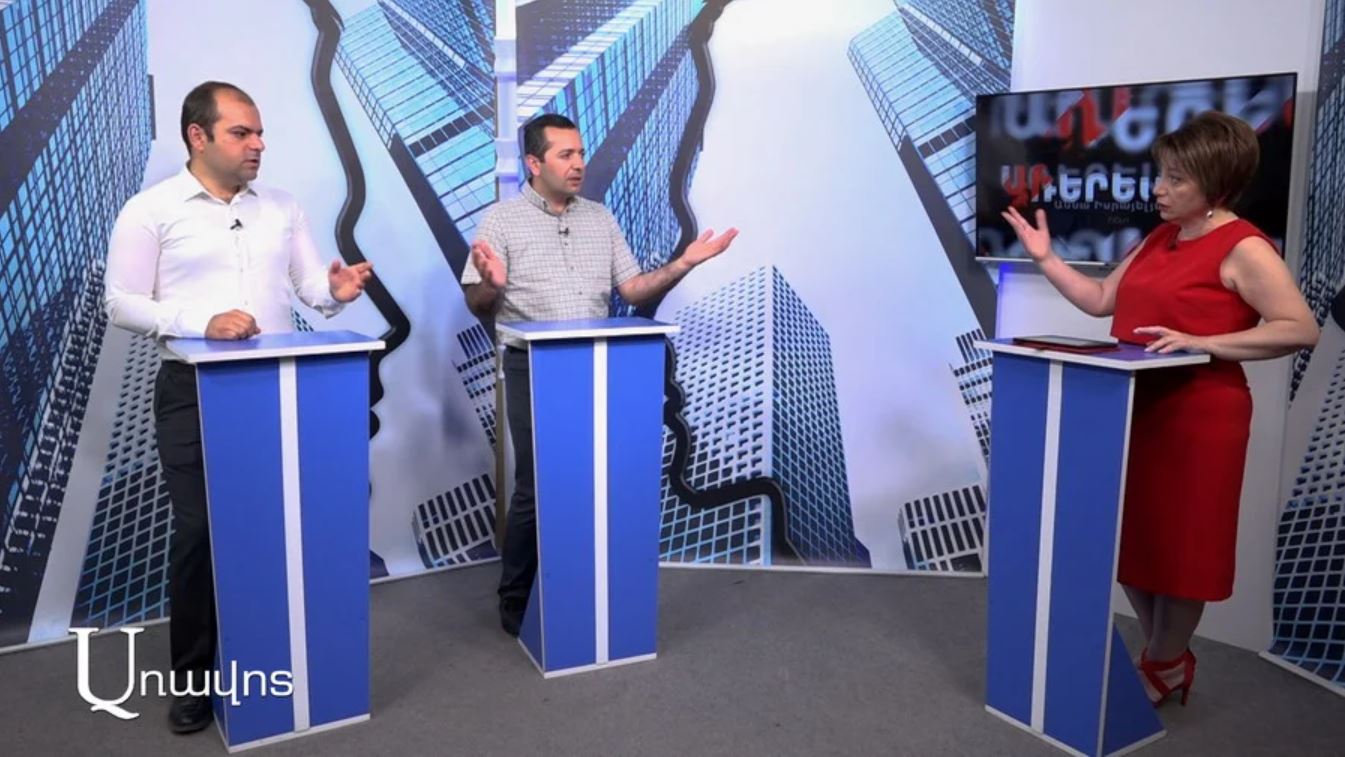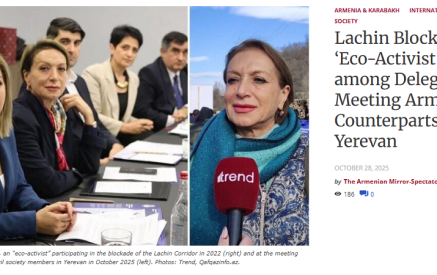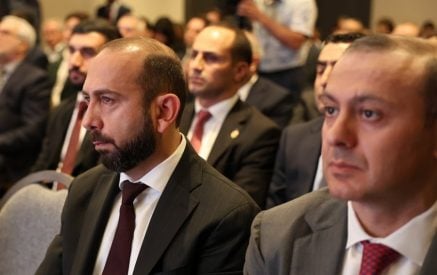If, in the 2021 parliamentary election campaign, Nikol Pashinyan was inclined to maintain the current situation so that the territories under Armenian and Azerbaijani control remain in the same status, he already sees two options. One is “that the remaining enclaves on both sides of the line remain under the control of the given side. The other option is that after the signing of the contract, Artsvashen will return under the control of Armenia, and the other territories will return to Azerbaijan after de jure justification.”
Surveyor-cartographer Shahen Shahinyan, who is the author of the “Elma” electronic map, said in this regard: “Regarding the first of the mentioned options, I have not heard any statement from Azerbaijan that they are considering the option of transferring the enclaves to the state in whose territory the enclave is located. Azerbaijan claims “its enclaves” but never says whether it will return Artsvashen. It is a very delicate, diplomatic game.”
The Secretary of the Security Council of Armenia, Armen Grigoryan, stated that the Armenian side has legal grounds for the enclaves in Azerbaijan territory, and they are waiting for legal grounds from Azerbaijan. And it is already known that many Armenian researchers have yet to find any document with a legal basis by which the Armenian officials and the Supreme Council of Armenia would have recognized them as Azerbaijani territory.
“The Secretary of the Security Council is very appropriate to mention, so we also circulated such documents. The Armenian side has legal grounds on how the enclave of Bashkend, or the old Bashkend, later renamed Artsvashen, was formed. “The formation of that enclave took place between 1927-1931, said the other guest of the program, candidate of historical sciences Hamo Sukiasyan, who is the author of scientific works on border issues, also studied the topic as “the annexation of Armenian territories to Turkey and Soviet Azerbaijan in the 1920-30s”, and is co-author of the scientific work,- The problem is different regarding the two Azerbaijani enclaves in the current territory of Tavush region: one is Verin Voskepar, the other is the two small villages of Sofulu and Barkhudarlu, which are a single enclave. There is no document regarding their formation.” According to the historian, there is no document regarding Tigranashen-Kyarki either. “In the 1920s, Kyarki was directly under the rule of Soviet Armenia. It is true that it was uninhabited.”
Read also
Referring to Azerbaijan’s position on enclaves, Shahen Shahinyan said. “When the parties go to delimitation, they record that they are ready for negotiations. Starting from 2020, we do not see Azerbaijan’s willingness to go to negotiations. Azerbaijan is not ready to discuss the Armenian options and only forces to discuss the options presented by it. And in this case, no matter what the cartographers and historians talk, it becomes ineffective. Azerbaijan’s speech has the following wording: either accept our options, or we will resolve the issue with military force. Like Mr. Sukiasyan, many historians can point to thousands of documents and raise Armenian interest. But it is no longer a negotiation if we have to use military force to protect Armenian interests.”
Apart from the documents, it is said in the second article of the constitution of Azerbaijan that they are the heirs of the Republic of Azerbaijan and its territory of 1918-20. Was there any enclave in those years? Hamo Sukiasyan answered the question.
“No, there was no enclave. Azerbaijan did not have final borders in 1918-20. But there were areas in which he had ambitions. And there was also an area of actual possession. For example, Nagorno-Karabakh was not actually under Azerbaijani rule. It was a semi-independent administrative unit in 1918-20, subjecting itself to either Armenia or Azerbaijan for certain short periods, emphasizing in the latter case that it was temporary until the issue was resolved at the Paris Conference. Azerbaijan had a claim to Zangezur but no control. The same applies to Nakhichevan and even to Surmalu. It is a strange circumstance: if we take the ambitions of any state at any historical stage and decide to draw a border based on them, we cannot have any way of success.”
The entire conversation is in the video
Anna ISRAYELYAN






















































